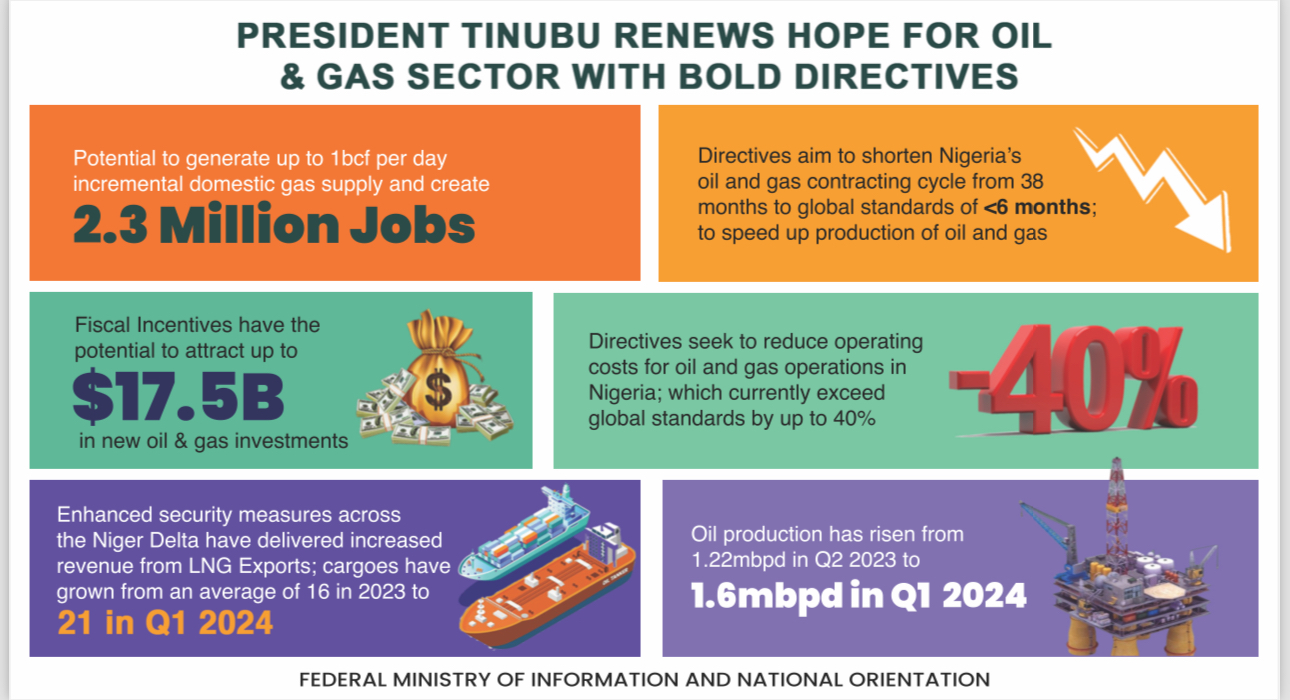
National broadcasting commission amendment code
There have been loads of controversies thrown up by the recent attempt by the National Broadcasting Commission (NBC) to amend the NBC Code 6th edition. In the amendment NBC seeks to achieve the following:
- Prohibit exclusivity of sporting rights in Nigeria;
- Void any contract to acquire exclusive rights;
- Any broadcaster that acquires Sports and News programme and/or channels must offer this content to other broadcasters for retail to residential subscribers in Nigeria.
I will examine some of the issues in contention below:
Who control sport rights?
The broadcasting rights to a sport event are usually owned by the entity which organises the event not broadcasters. It the rights holders that determine how and to whom they sell the broadcasting rights. For example, sports bodies like FIFA, CAF, UEFA, etc reserve the right to sell the sport rights to their events across different platforms (subscription service, Online, FTA, etc) and on their terms by COMPETITIVE BIDDING which usually include EXCLUSIVE CLAUSE .
Sub-licensing rights are not automatic. Therefore, a broadcaster is generally precluded from granting third parties access to the rights without the right-holder’s consent. To this end, the regulator CAN NOT simply force sub-licencing or prohibit exclusivity, when it is the prerogative of the governing body of each sport, as the owner of the rights, to determine how to sell the broadcasting rights it owns.
Do the amendments threaten investment in local content production?
The amendment threatens investments in the broadcast industry by reputable broadcasters and local content producers. Without exclusivity, broadcasters would be unwilling to invest significantly in developing content because of the high risk of free-riding by their competitors.
To buttress this point, the biggest investors in the Nigerian content market have kicked against the amendments threatening to pull their investments from the Nigerian production industry (https://www.vanguardngr.com/2020/06/nbc-code-netflix-amazon-irokotv-africa-magic-may-end-investment-in-nigeria/).
Who will benefit from prohibition/limitation of exclusivity?
This only benefits a broadcaster waiting to free-ride on content developed and invested in, by honest hardworking broadcasters. The amendment would allow any broadcaster to compulsorily acquire a television content that is deemed to have wide viewership.
For example, Sunrise Daily, Channel’s breakfast TV show which has wide viewership can on request be compulsorily acquired by broadcaster including a competing free to air broadcaster. The same scenario would apply with NTA’s Good Morning Show or Network News, AIT’s flagship programming like Political Platform and Focus, TVC’s Journalist Hangout or Breakfast Show, etc.
That was the reason why Jason Njoku, founder of Irokotv, one of Nigeria’s foremost entertainment channel declared that the amendment will kill the local content production industry (https://www.pmnewsnigeria.com/2020/06/11/new-nbc-code-will-kill-local-contents-irokotv-boss/).
What is the position in the NBC Code re warehousing and distribution of sport rights?
Prohibition of warehousing and distribution of rights across various platforms are already contained in the Code and are not part of the proposed amendments introduced by NBC.

No broadcaster is warehousing sport rights in Nigeria, the provisions prohibiting warehousing of sport rights predates the 6th edition of NBC Code and there is no known case of NBC finding any broadcaster liable for violating those provisions. A Broadcaster usually buys sport rights in the platform it’s operational.
For example, NTA would only buy rights on the free to air terrestrial platform, like it did for the AFCON tournaments, when it acquired the FTA rights for AFCON 2019 to 2023 editions, which it cannot share with a pay tv provider. Same AFCON rights would be bought by a pay tv provider for its pay tv platform and naturally would be precluded from sharing it with a FTA service like NTA.
Does prohibition/limitation of exclusivity benefit consumers?
Prohibition of exclusivity does not benefit consumers! Rather it will reduce the incentive for broadcasters, to innovate and invest in the development of content which could lead to a situation where consumers are foisted with limited choice and low-quality programming.
Each station or channel should create its niche or unique content which appeal to its target viewer base, rather than looking to free-ride.
If all broadcasters are sharing the same content, programme offering would be boring/monotonous, and viewers who want diverse and unique content will tune off. Consequently, advertisers will not find compelling content to place their adverts or investments, and growth in the broadcast industry will be stunted due to lack of innovation and competition.
Segun Olaleye, former General Manager, Ogun State Television(OGTV) writes from Abeokuta






